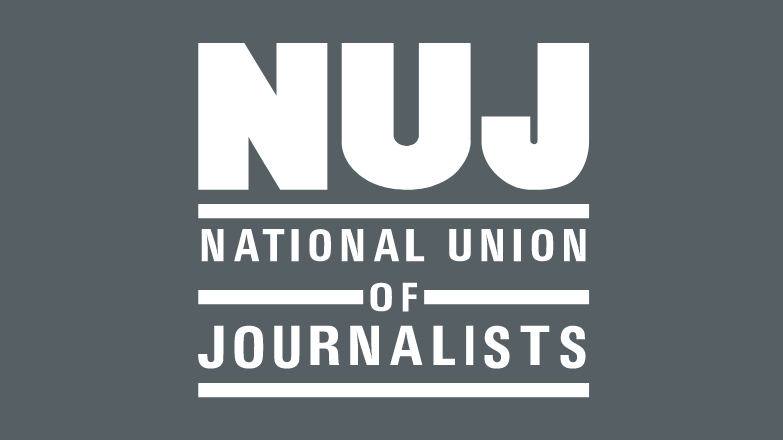NUJ submits legal challenge to government's lockdown support measures
The legal action marks a significant acceleration in the union's campaign to secure equal treatment for freelance workers.
The NUJ has submitted a legal challenge to the UK government claiming that the Self Employment Income Support Scheme (SEISS) introduced by the Treasury has excluded large numbers of freelance workers and is therefore discriminatory. The legal action marks a significant acceleration in the union's campaign to secure equal treatment for freelance workers.
The NUJ also contends that the Treasury has failed to produce a coherent policy to explain the circumstances (if any) in which those working for publicly-funded employers can access support via the Coronavirus Job Retention Scheme (CJRS).
Michelle Stanistreet, NUJ general secretary, said:
"The NUJ has campaigned hard to persuade the government to do the right thing and support freelances who have not been allowed to access government support during this unprecedented health crisis. Sadly, that hasn't happened and many NUJ freelances have experienced enormous hardship.
"We're taking this legal step because it is clearly wrong and grossly unfair that some workers have been given vital support whilst others have been cast adrift. Even at this late stage our hope remains that the government will rethink and take urgent measures to right this wrong.
"This crisis should act as a wake-up call about the working practices for journalists, and other freelances in the creative industries. We need reformed public policy for freelances and the self-employed that is fit for purpose and reflects the way in which workers are forced to operate by employers."
In a pre-action protocol letter sent by the union to the Treasury this week, the NUJ argues that the SEISS is unlawful on a number of grounds including that it is discriminatory and irrational - the scheme violates the European Convention on Human Rights if Article 14 is taken in conjunction with Article 1 of the Protocol No.1.
Both the income support (SEISS) and the job retention (CJRS) schemes were designed to help employed and self-employed workers. They formed part of a package of measures which the chancellor presented as "doing whatever it takes" to help those affected economically by the pandemic, however the government has excluded PAYE freelancers from the SEISS scheme and often has also excluded them from the CJRS scheme. This means the chancellor has failed to protect a significant number of working people whose incomes were affected in precisely the same way as others who have qualified for assistance.
In light of the substantial and ongoing hardship faced by NUJ freelance members, the union is now seeking an urgent review and revision of the SEISS Direction and/or the CJRS Direction. The union aims to secure amendments to the schemes and ensure they are more accessible to all PAYE freelance workers.
A response to the claim has been requested by 27 July 2020 and if no satisfactory response is received then the NUJ will consider commencing judicial review proceedings.
Since the imposition of the lockdown in March 2020, the NUJ has been lobbying the UK government to provide adequate support and assistance for all media workers, as part of this work the Federation of Entertainment Unions (FEU) launched a campaign for the 'Forgotten Freelances'.
#Forgotten Freelances news
State surveillance an ‘attack on public interest journalism’, says NUJ member Vincent Kearney ahead of tribunal hearing
The Investigatory Powers Tribunal (IPT) will today hear of unlawful surveillance against former BBC journalist and National Union of Journalists (NUJ)...
BBC Charter Review briefing
The NUJ’s briefing on the BBC Charter Review sets out the key structural and financial reforms needed to guarantee the BBC’s future at the centre of U...

NUJ calls for independent inquiry and stricter legislation on journalist surveillance
The NUJ has called for stricter legislation to prevent corporate surveillance of journalists and for an independent inquiry into allegations surroundi...

Reach group chapel concerned over proposed printing site closures
The NUJ’s Reach group chapel has issued a statement expressing shock and concern around Reach plc’s plan to close two of its three newspaper printing ...
